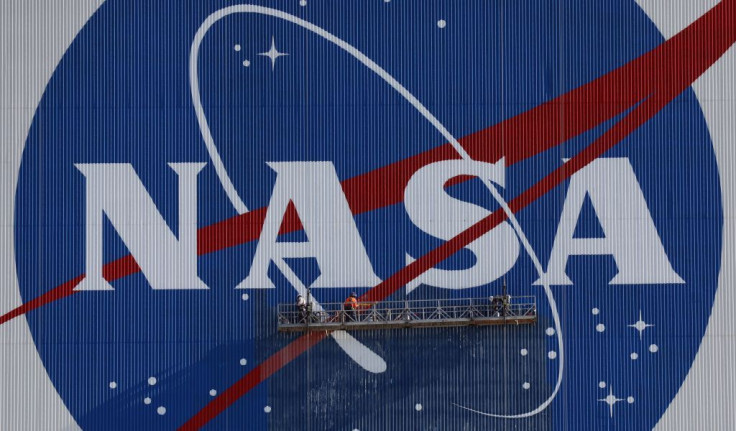Russia will reportedly withdraw from the International Space Station (ISS) after 2024, the new chief of Russia's federal space agency Roscosmos confirmed on Tuesday.
The United States and Russia and other partners have been working together on the ISS since 1998. The ISS is a joint project involving five space agencies — it has been in orbit around Earth since 1998 and has been used in several scientific experiments. It is officially approved to operate until 2024, but the U.S. wants to extend that for six more years with the agreement of all partners. The American administration announced in December that it was committed to lengthening the ISS from 2024 to 2030. Still, Russia, which is NASA's number one partner at the ISS, never signed onto it.
According to sources, Russia has been threatening to get out of the project because of Western sanctions against it — which began since Russia invaded Ukraine. "The decision to leave the station after 2024 has been made," the current head of Roscosmos, Yuri Borisov, said. Russia has also talked about building its own outpost — the Russian Orbital Service Station, but it would need a particular financial commitment from the Russian government, which has not been shown in the country's existing space projects.
The National Aeronautics and Space Administration (NASA) said it had not yet received official notice of Russia's decision to withdraw from the ISS. "That is very recent news, and so we haven't heard anything officially," said Kjell Lindgren, a NASA astronaut currently aboard the ISS while speaking during the 11th annual International Space Station Research and Development Conference (ISSRDC) on Tuesday.
"Of course, you know, we were trained to do a mission up here and that mission is one that requires the whole crew and so we continue to work every day to conduct the science and research that we've been trained to conduct," said Lindgren, the current commander of the NASA SpaceX Crew-4 mission. "As a crew we continue to work towards success and that is everybody working together to make sure we're accomplishing the science and keeping the crew and the vehicle safe."
NASA Administrator Bill Nelson also issued a statement on Tuesday saying that the agency is "committed to the safe operation of the ISS through 2030, and is coordinating with our partners." Nelson added, "NASA has not been made aware of decisions from any of the partners, though we are continuing to build future capabilities to assure our major presence in low-Earth orbit."
The ISS is a collaboration among the U.S., Russia, Japan, Canada and the European Space Agency; it is divided into two sections — the Russian Orbital Segment and the U.S. Orbital Segment. In the ISS, the U.S. provides the power, and the Russian is responsible for the propulsion and keeping the platform from falling to Earth.

© 2025 Latin Times. All rights reserved. Do not reproduce without permission.





